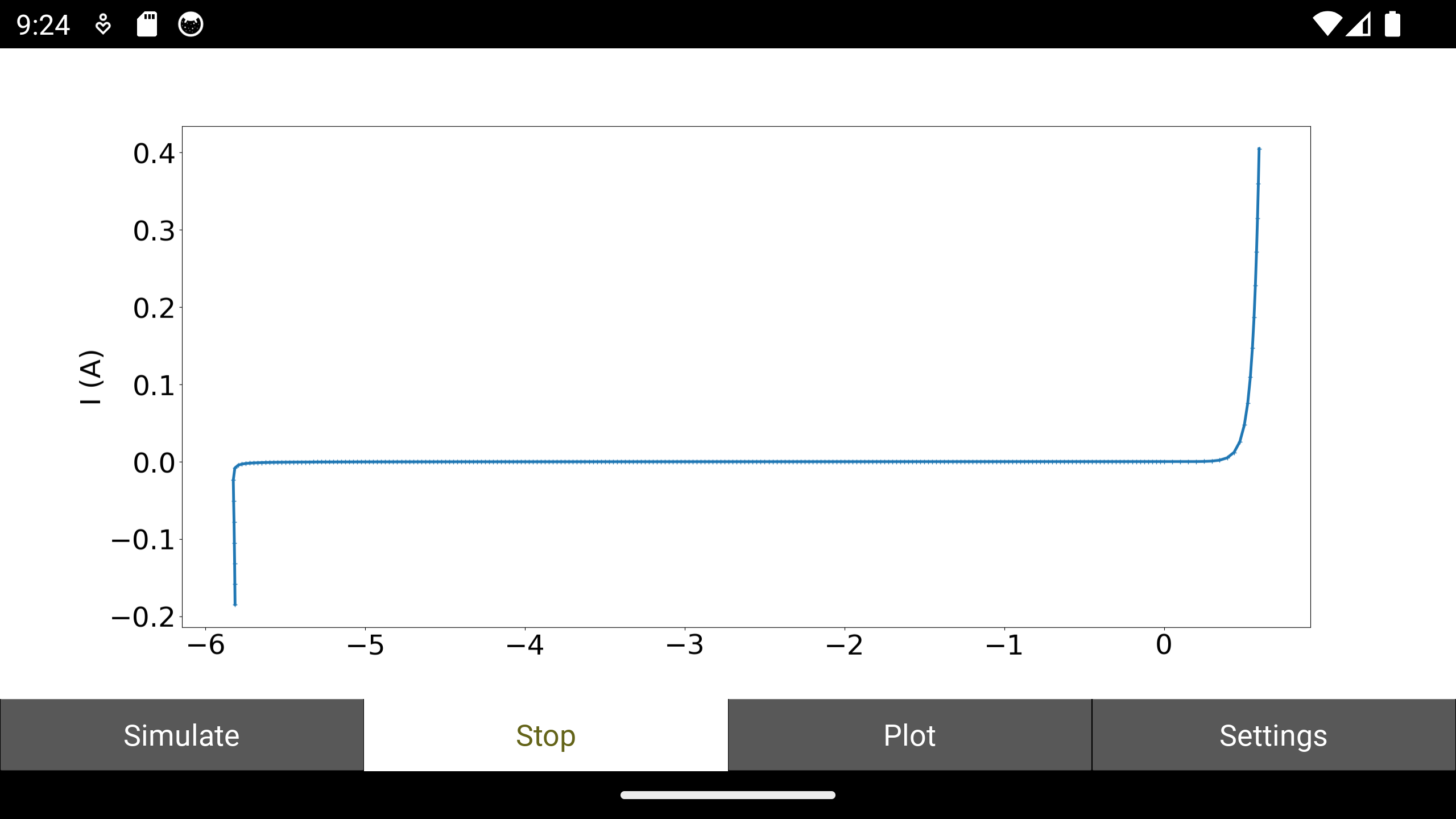There is no doubt that proprietary EDA tools are successful, mature, and fundamental for hardware development. However, the “walled garden” approach created by closed-source tool flows can hamper novel FPGA/ASIC-based applications and EDA innovation alike by requiring that researchers either operate within the limits of what has already been imagined, or require that they attempt to simulate their effects on incomplete models, potentially leading to incorrect conclusions.
Another recent development has been growing activity in the open-source community to produce open equivalents of EDA tools, as well as efforts to document FPGA architectures. For instance, Yosys has been widely used for behavioral synthesis since 2012 and Project Icestorm, the first fully open-source FPGA design flow has been available since 2015; together they enabled Trenz Electronic’s icoBOARD, a Raspberry Pi accessory that could be programmed entirely using its ARM CPU, a platform not otherwise supported by the vendor. The availability of low-cost FPGA development boards such as the icoBOARD, TinyFPGA, IceZUM Alhambra, the iceBreaker board, amongst others have also played a part in fostering this “Open FPGA” movement. With OpenLANE and the Skywater process development kit, an open-source tool flow emerged that synthesizes RTL models to GDSII, gracefully enabling open-source ASIC design. The advantages of open design automation -- as Linux has provided for operating systems -- are many: unrestricted research and development, improved quality due to competition, teaching benefits, as well as lowering the barrier and risk to entry, and time to market, of start-ups for building novel applications, tools, and silicon. With such an open-source ecosystem in place, ASICs and reprogrammable logic could achieve the same success and inspire the next generation of hardware engineers as the Raspberry Pi has done for software engineers.
OSDA intends to provide an avenue for industry, academics, and hobbyists to collaborate, network, and share their latest visions and open-source contributions, with a view to promoting reproducibility and re-usability in the design automation space. DATE provides the ideal venue to reach this audience since it is the flagship European conference in this field -- particularly poignant due to the recent efforts across the European Union (and beyond) that mandate “open access” for publicly funded research to both published manuscripts as well as software code necessary for reproducing its conclusions. A secondary objective of this workshop is to provide a peer-reviewed forum for researchers to publish “enabling” technology such as infrastructure or tooling as open-source contributions -- standalone technology that would not normally be regarded as novel by traditional conferences -- such that others inside and outside of academia may build upon it.
Topics - we request contributions of the following topics, including but not limited to:- Open-source EDA tools -- the latest developments, breakthroughs, challenges and surveys on the toolflows required to target real silicon parts: synthesis, verification, place and route, etc.
- Open-source IP -- contributions that enrich the IP ecosystem and reduce the need to “re-invent the wheel”, e.g. PCIe and DDR controllers, debug infrastructure, etc.
- Design methodologies provided as open-source -- such as hardware description languages (e.g. MyHDL, Chisel), domain specific (DSL), high level synthesis (HLS), or asynchronous methods.
- Directions on where the open-source EDA movement should go, current weaknesses in the toolchain, and/or perspectives from industry on how open-source can affect aspects of safety, security, verification, IP protection, time-to-market, datacenter/cloud infrastructure, etc.
- Discussions and case studies on how to license, acquire funding, and commercialize technologies surrounding open-source hardware, which may be different to open software.
| Event | Date |
| Early-Bird submission | Jan. 20, 2024 |
| Early-Bird notification | Jan 23, 2024 |
| Regular submission deadline | Feb. 15, 2024 |
| Regular notification | Feb. 22, 2024 |
| Camera-ready final version | March 16, 2024 |
| Workshop | March 25, 2024, 14:00-18:00 |
- Christian Krieg (OSDA and TU Wien, Austria)
- Matthew Guthaus (UC Santa Cruz, USA)
- Claire Xenia Wolf (YosysHQ, Austria)
- Andrea Borga
- Jean-Paul Chaput
- Tim Edwards
- Xin Fang
- Francesco Gonnella
- Daniel Grosse
- Matthew Guthaus
- Hipolito Guzman-Miranda
- Steve Hoover
- Tsung-Wei Huang
- Andrew Kahng
- Lucas Klemmer
- Dirk Koch
- Christian Krieg
- Jim Lewis
- Mieszko Lis
- Steffen Reith
- Stefan Riesenberger
- Davide Rossi
- Frans Skarman
- Antonino Tumeo
- Vamsi Vytla






